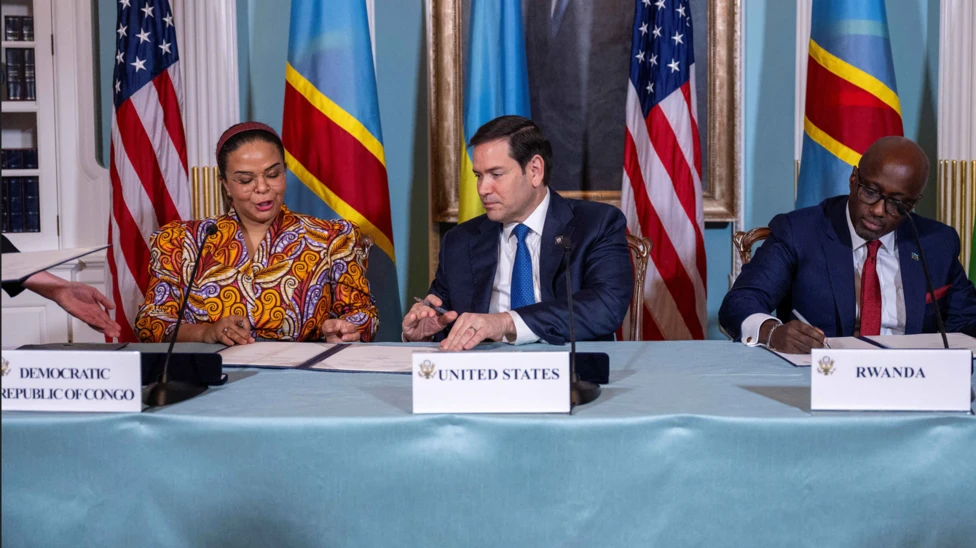HARARE – The High Court has ordered Central Africa Building Society (CABS) to pay US$142,000 to local businessman Richard Harold Stuart Beattie and his spouse Penelope Douglas Stone after the couple had sued the financial institution for unilaterally converting their US dollar balance into local currency during the country’s unpopular currency reforms 2019.
Architects Beattie and Stone, were joint applicants represented by Tererai Mafukidze instructed by Tendai Biti.
In the matter CABS, Reserve Bank of Zimbabwe (RBZ) and Finance minister, Mthuli Ncube were cited as first, second and third respondents respectively.
The landmark ruling by High Court judge, Jacob Mafusire through the law of precedence, is set to spiral a series of lawsuits from various business entities whose funds were wholly converted to local currency by the controversial Exchange Control Directive RT120/2018, issued by government.
Mafusire, in his ruling, pointed out that paragraphs 2.5 and 2.6 of the Exchange Control Directive RT120/2018, relied by CABS was in breach of the constitution and contractual obligations between the applicants and the first respondent.
“The conversion of the amount of US$142,000 standing to the credit of the applicants savings account No 1005428905 with the first respondent (Cabs) as at November 28, 2016 violated section 71 of the Constitution.
“The modalities of the whole process of creating Nostro FCAs and RTGS FCAs and the simultaneous separation of already existing bank balances into USD and RTGS, depending on the source of the deposits, is not properly explained.
“What all this analysis boils down to is that the second and third respondents, in effecting the currency reforms aforesaid, breached one of the constitutional tenets of good governance as set out in s 3(1)(h) of the Constitution.
“A government must not make, let alone implement arbitrary decisions,” ruled Mufusire.
Prior to the duo’s application, Statutory Instrument [SI] 70 of 2015 had given leeway to rapid monetary changes which eventually led to the reintroduction of the local currency in March 2016.
Stone and Beattie, after witnessing the unfolding rapid monetary changes, instructed CABS on 28 November 2016 to “freeze” their account so that no deposits or withdrawals from it would be effected except upon the written instructions by the authorised signatories.
CABS however refused citing its obligations to comply with dictates of controversial policy and legislative changes.
The applicants’ bank account which previously reflected a balance of US$142,000 now reflected the figure in local currency.
In 2019, Stone and Beattie sued CABS on the grounds of the banker-customer principles of the common law.
In the alternative, Stone and Beattie also sued the monetary authorities, RBZ and finance minister Ncube for introducing the controversial Exchange Control Directive RT120/2018.
Stone and Beattie won the case at the Supreme Court but lost on appeal.
Stone and Beattie reformulated their case again at the High court, but the RBZ during court proceedings argued that there was “no right of appeal beyond the Supreme Court.”
Mafusire said this was incorrect.
“With all due deference, I need not be detained by this objection. The constitutionality of SI 33 of 2019 is part of the raft of legislation that is under challenge.
“The applicants’ complaint is not without merit.
“The series of measures adopted by the Government in the name of reforms were undoubtedly harmful to the banking public. The Executive has expressly admitted as much, albeit, post facto.
“The applicants’ allegation that their deposit of USD142 000, which was converted to RTGS, devalued more than 130 times by the time of litigation, has not been contested.
“No one is compensating them. The statement issued by the State President on 7 May 2022 dubbed ‘Measures to Restore Confidence, Preserve Value and Restore Macroeconomic Stability’ does not seem to apply to the applicants, or to anyone else outside the threshold of the amounts stated therein,” ruled Mufusire.
















